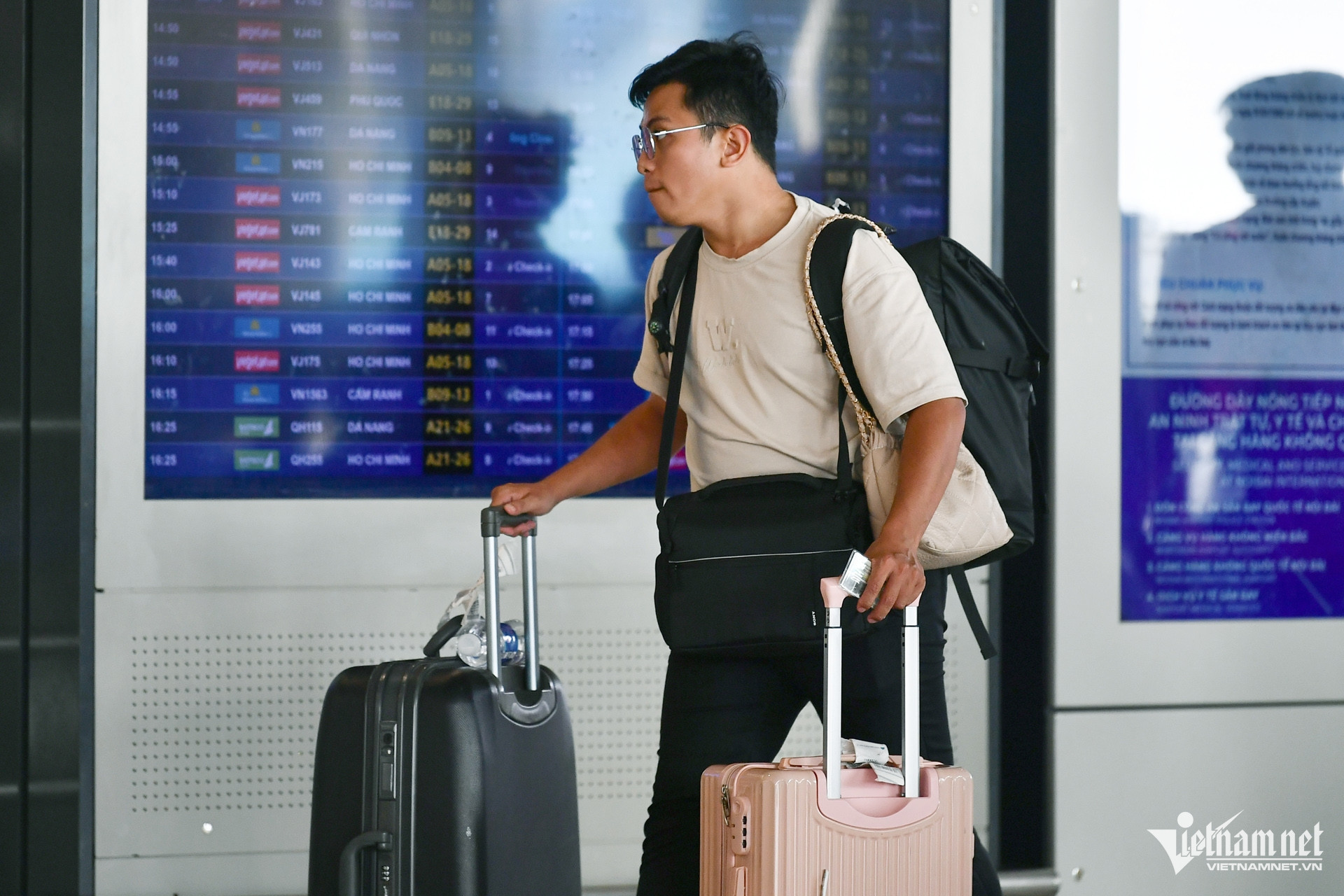As reported by VietNamNet, many businesses have expressed frustration over the fact that their executives were prevented from leaving the country for owing only small amounts of taxes, ranging from 1 to 10 million VND. In several cases, these individuals were unaware of their tax debts and only discovered the travel ban upon arriving at the airport.

Speaking to VietNamNet, Chung Thanh Tien, from the “Understand Correctly, Do Correctly” Accounting Association, explained that many individuals with multiple sources of income often overlook their tax obligations when the entities paying them fail to declare the income.
As a result, they accumulate small tax debts of only a few million VND. Once a tax debt is displayed in the system for over 90 days, some tax authorities automatically transfer the case to the immigration authorities to initiate a travel ban. Only when these individuals attempt to travel for business do they discover the ban. “This should not be the case,” Tien commented.
Tien emphasized that tax authorities should make every effort to contact individuals at risk of a travel ban. "If they receive adequate warnings, few would risk their reputations over a few million VND in unpaid taxes," he stated. He urged the authorities to reconsider this practice and avoid hastily issuing travel bans for tax debts without full communication.
Tax expert Cao Xuan Thi raised a related issue: whether tax authorities have adequately informed the legal representatives of businesses. "If business leaders are only made aware of their travel bans at the airport, this suggests that the information provided to them was incomplete," he noted, calling for a review of the process.
Before imposing a travel ban, tax authorities should ensure that taxpayers are fully informed about their debts and the requirement to resolve them before being allowed to leave the country. If the tax authorities lack the capacity to do so, Thi suggested that immigration authorities take on the responsibility of notifying the legal representatives of businesses about their tax debts and potential travel bans.
“No one would deliberately delay paying a small amount of tax to the point where their travel is restricted, which would affect their business and reputation,” Thi added.
Solutions for struggling businesses
Tien further explained that while imposing a travel ban is an appropriate step for businesses that deliberately evade taxes, it should only be applied after all other measures, as stipulated in the Law on Tax Management, have been exhausted. These include freezing bank accounts and requesting business license revocation by the Department of Planning and Investment.
However, for businesses facing genuine difficulties due to economic downturns, Tien proposed that tax authorities consider providing support. "If a business presents its difficulties to the tax authorities, accompanied by a payment commitment or bank guarantee, authorities should handle the case with leniency, rather than imposing an immediate travel ban," he suggested.
Additionally, Tien urged tax authorities to review cases where businesses owe taxes but are still awaiting tax refunds due to unresolved paperwork. Simplifying procedures in such cases could allow tax debts to be offset against tax refunds, avoiding unnecessary travel bans.
Commenting on the proposal to publicly announce travel bans in the media, Tien warned: “This could severely damage a business’s reputation, making recovery almost impossible. Dissolving a business has far-reaching consequences, including the impact on employees.”
Tien also recommended that authorities revisit regulations concerning travel bans for foreign-owned businesses with foreign legal representatives. Under current laws, travel bans are only imposed on Vietnamese nationals after all other enforcement measures have been applied.
However, in the case of foreign-owned businesses, the Immigration Law allows for an immediate travel ban if the business has unpaid taxes, regardless of the amount, without following the usual enforcement steps.
“There needs to be consistency in the legal framework,” Tien argued, calling for a careful review to ensure a fair and supportive business environment.
Luong Bang – Binh Minh